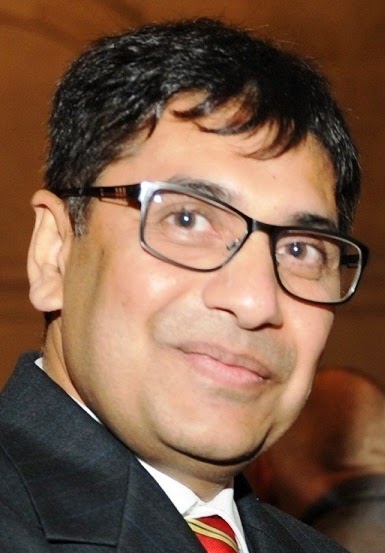Ireland's 2024 General Election: A Nation at a Crossroads
A Fragmented Mandate: Election Results and Coalition Building
Coalition-building scenarios remain complex. A renewed Fianna Fáil–Fine Gael alliance, with a combined 86 seats, falls short of the 88-seat majority, necessitating support from smaller parties or independents. Social Democrats, Labour, or independents may emerge as kingmakers, contingent on shared policy goals such as healthcare reform, housing solutions, and economic stability. However, Sinn Féin's exclusion from coalition talks—driven by historical and ideological divides—highlights enduring political rifts, underscoring the challenges of forging consensus.
The Core Challenges Shaping Ireland's Future
The new government of Ireland is faced with an urgent and demanding
agenda. The issues, from healthcare reform to the housing crisis, are pressing
and require immediate attention.
Healthcare Reform
Ireland's healthcare system remains beleaguered by long-standing
challenges:
Overcrowded
Hospitals: Chronic bed shortages lead to prolonged waiting times.
Staffing
Shortages: Recruitment and retention struggles plague healthcare services.
Mental
Health Services: Persistent underfunding has left mental health care needing
investment.
To restore public confidence, a strategic overhaul that prioritises
infrastructure expansion, workforce development, and timely access to care is
imperative.
Housing Crisis
Housing affordability and availability continue to dominate public
discourse:
Exorbitant
Costs: Skyrocketing property prices and rents exclude many from the housing
market.
Homelessness: Over
15,000 individuals in emergency accommodation underscore the crisis.
Supply
Deficits: Slow construction rates fail to meet demand.
Urgent action on housing development, rent controls, and reducing bureaucratic bottlenecks is essential for equitable access.
Cost of Living
Inflation and stagnant wages have significantly eroded the quality of
life:
Soaring
Prices: Essentials like food and energy place undue strain on households.
Wage
Stagnation: Income growth lags behind rising costs.
Targeted measures such as tax relief and wage growth initiatives are critical to easing economic burdens.
Antisocial Behaviour
Dublin's roads have seen a troubling rise in antisocial activities:
Reckless
Driving: Street racing and dangerous driving jeopardise public safety.
Community
Impact: Noise and risk strain emergency services and disrupt communities.
To curb these behaviours, a robust strategy involving stricter law enforcement, public education, and infrastructure improvements is necessary. However, implementing such a strategy may face challenges, including resource allocation, public acceptance, and the need for long-term commitment.
Youth Disengagement
Ireland's youth face mounting challenges, fuelling emigration and
political apathy:
High Costs: Soaring
housing costs and limited job prospects drive talented professionals abroad.
Political
Apathy: Disconnection from politics threatens long-term civic engagement.
Investments in affordable housing, career opportunities, and
youth-focused policies are essential to reversing these trends and harnessing
Ireland's future potential.
The Path to Government Formation
The post-election process involves critical steps, each requiring
delicacy and diplomacy:
Dáil
Convening: The Ceann Comhairle's election and the Taoiseach's nomination.
Coalition
Negotiations: Parties negotiate a Programme for Government, outlining shared
priorities.
Presidential Appointments: The President formalises the appointments of the Taoiseach and ministers.
Given the intricate nature of coalition-building, weeks or even months may pass before a government is established. Success will depend on bridging ideological divides and fostering unity in the face of shared challenges.
Looking Ahead: A Vision for Ireland's Future
The electorate has sent a clear message that bold and decisive leadership is needed to address the challenges. The incoming government must deliver tangible progress from healthcare reform and housing to tackling antisocial behaviour and engaging the youth.
Ireland stands at a crossroads where transformative change is not merely an aspiration but an imperative. By embracing collaboration, innovative solutions, and accountability, the nation can emerge more assertive, equitable, and resilient in adversity.
The new government bears the weight of public trust and the hope for a better tomorrow. In this pivotal moment, the decisions will define the next government's tenure and Ireland's trajectory for decades.




Comments